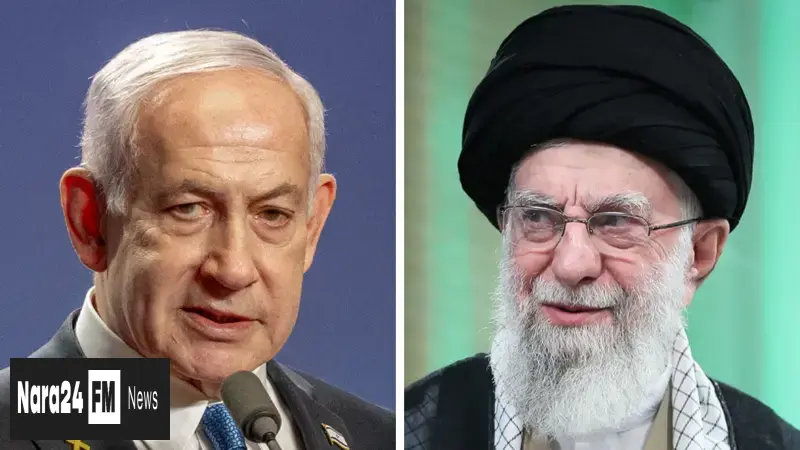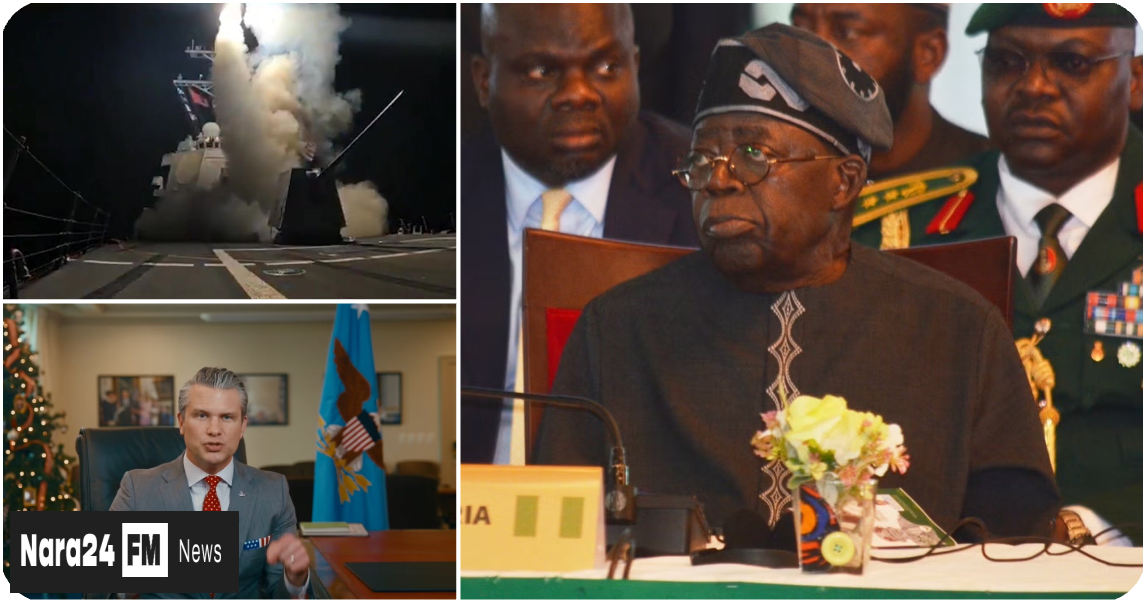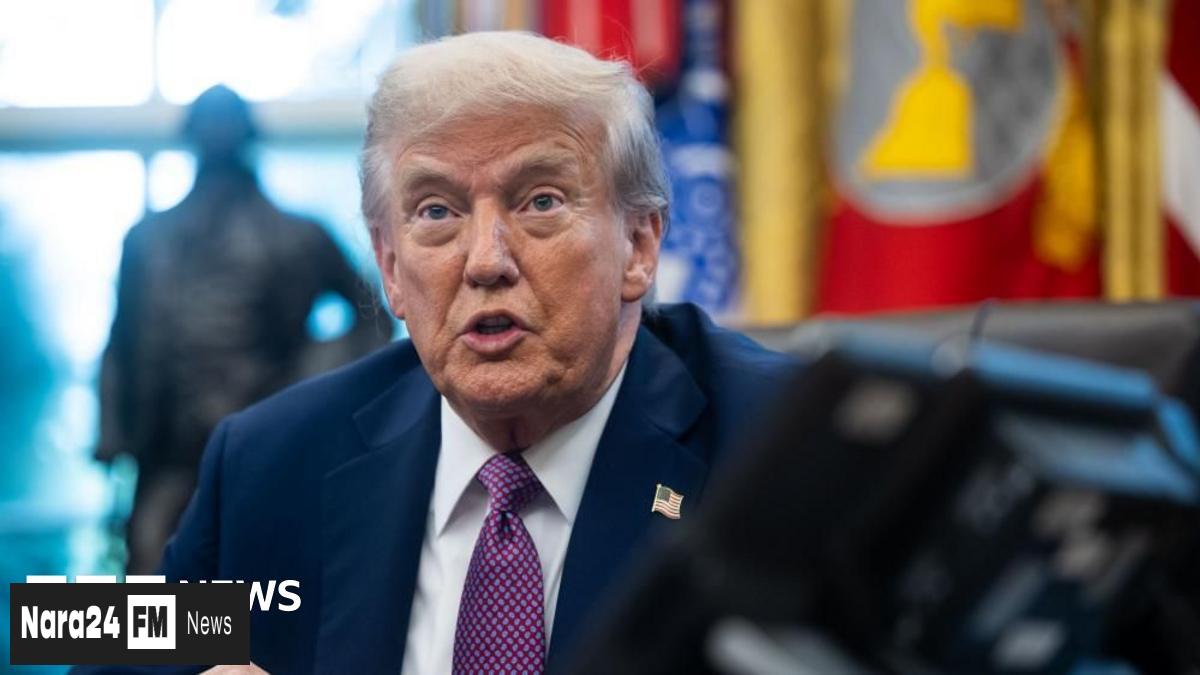In This Article
- Bill Clinton's Disapproval of Netanyahu's Stance on Iran
- Netanyahu's Confrontational Approach and Security Strategy
- Clinton's Diplomatic Efforts and Concerns about Military Interventions
- Significance of Clinton's Comments on International Criticism and US Policies
- Advocacy for Peaceful Resolutions and De-escalation
- Clinton's Call for Moderation and Humanitarian Priorities in Global Affairs
Key Takeaways
- Bill Clinton criticized Netanyahu's confrontational stance towards Iran, warning of prolonged conflicts and harm to civilians.
- Clinton suggested Netanyahu's approach may be politically motivated rather than driven by genuine security concerns.
- During his presidency, Clinton engaged with Iran diplomatically and advocated for peaceful resolutions over military actions.
- Clinton emphasized the importance of preventing Iran from obtaining nuclear weapons while cautioning against unchecked military interventions.
- Clinton's call for de-escalation and prioritizing peaceful resolutions highlights the need for long-term stability and diplomatic engagement in global conflicts.
Former US President Bill Clinton recently voiced strong disapproval of Israeli Prime Minister Benjamin Netanyahu's longstanding confrontational stance towards Iran. Clinton expressed concerns that such policies could lead to prolonged conflicts in the region, causing disproportionate harm to civilians.
Clinton highlighted Netanyahu's desire to engage in conflict with Iran, suggesting that this approach might be driven by political motives rather than genuine security concerns. He emphasized the importance of standing by Middle Eastern allies while advocating for solutions that prioritize the protection of civilian lives.
Netanyahu has been vocal about the perceived threats posed by Iran's nuclear ambitions and its support for militant groups like Hezbollah and Hamas, making regional confrontation a central tenet of his security strategy.
During his presidency from 1993 to 2001, Clinton made efforts to engage directly with Iran, despite the country being labeled a state sponsor of terrorism. His administration pursued diplomatic initiatives and imposed targeted sanctions to address Iran's nuclear and missile programs, all while advocating for peaceful resolutions over military actions.
Clinton stressed the importance of preventing Iran from obtaining nuclear weapons, acknowledging the success of previous diplomatic endeavors. However, he cautioned against unchecked military interventions that result in civilian casualties, emphasizing the right of individuals in conflict zones to live in peace.
The former president's comments hold significance as Netanyahu's government faces mounting international criticism for its military operations, particularly in Gaza, where numerous civilians have suffered casualties or displacement.
Clinton also directed his remarks towards former President Donald Trump, highlighting the repercussions of the US withdrawal from the 2015 Iran nuclear deal negotiated under President Barack Obama. This move led to escalated tensions and a breakdown in diplomatic efforts, contributing to the current volatile situation in the region.
Advocating for de-escalation and restraint, Clinton urged leaders to prioritize peaceful resolutions over military confrontations. His pragmatic approach underscores the importance of long-term stability and diplomatic engagement in resolving conflicts, contrasting with the more aggressive strategies pursued by recent administrations.
Clinton's critique comes at a time when the US faces growing pressure to support Israeli military actions while navigating complex diplomatic relations with Iran. His call for moderation serves as a reminder of the value of preventing conflicts and prioritizing humanitarian concerns in global affairs.








Comments (0)
Leave a Comment
Be the first to comment on this article!